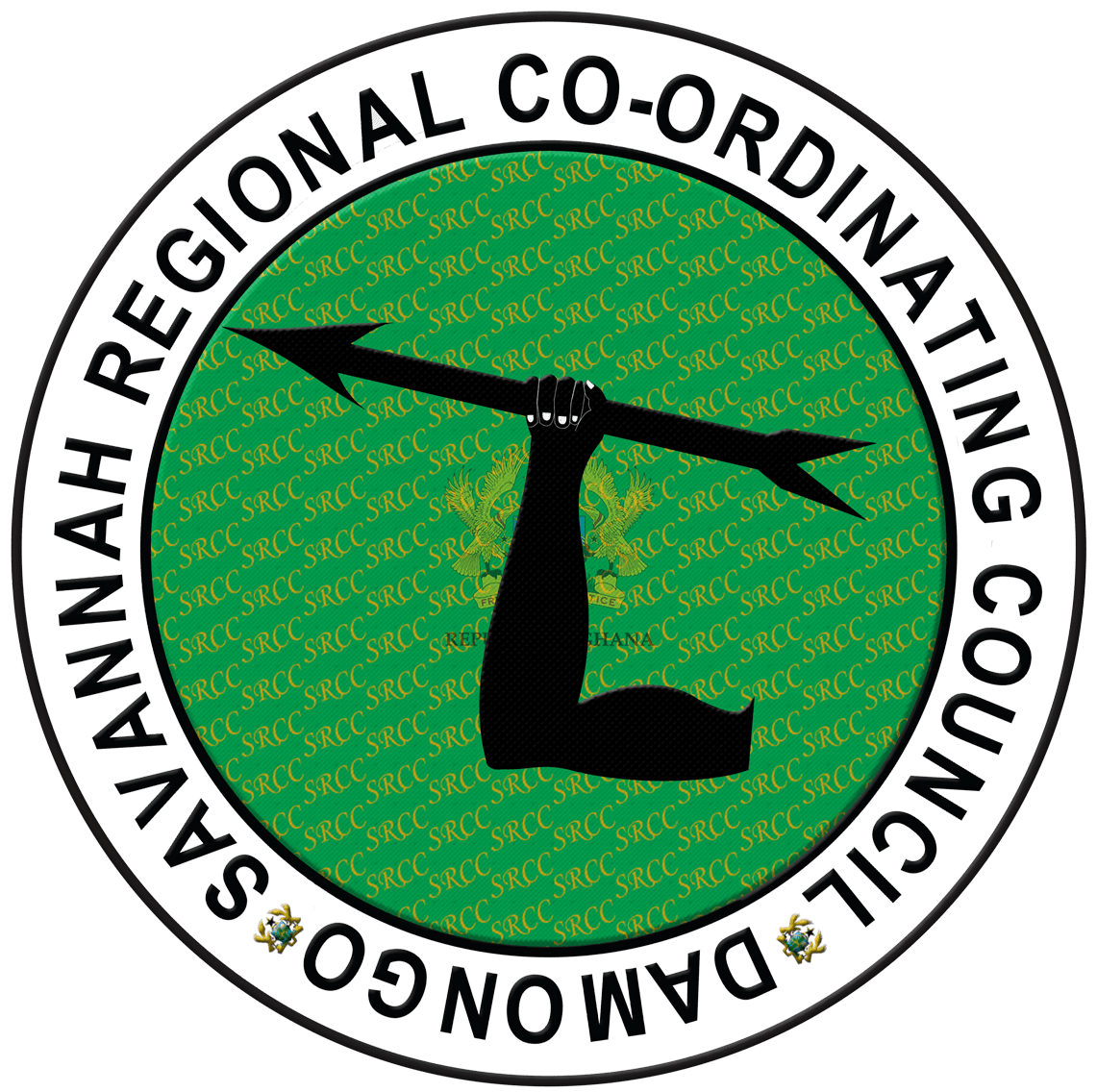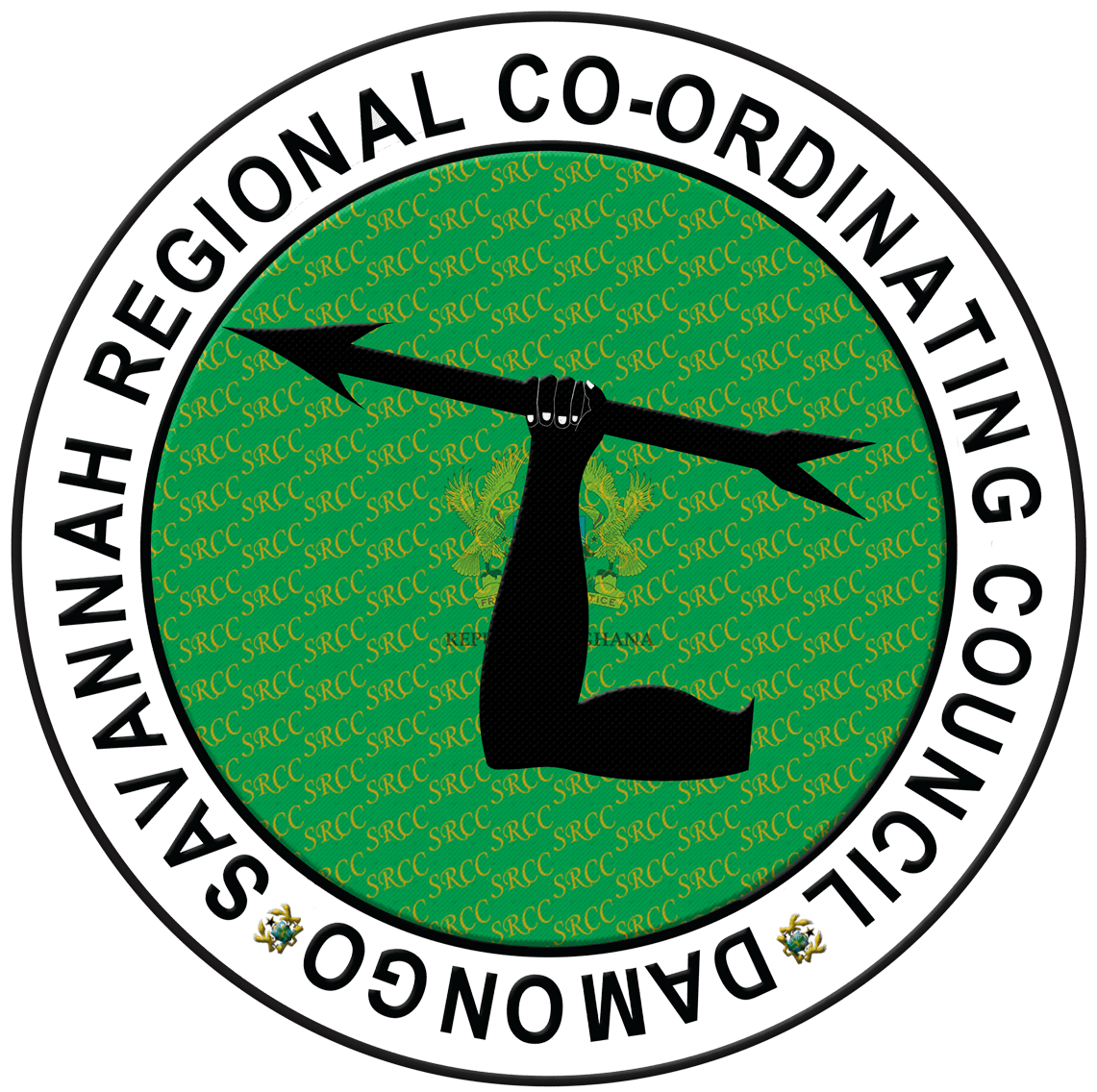Savannah Regional Minister Saeed Muhazu Jibril has called upon chiefs, queen mothers, and stakeholders in the region to become active “diplomats” for Ghana’s National Transport Policy (NTP) 2020 and the National Electric Vehicle Policy (NEVP) 2023. He emphasized the critical need for their engagement in disseminating information about these policies to foster a sustainable and eco-friendly transportation industry for current and future generations.
The appeal was made on Wednesday, August 7, 2024, during a stakeholder meeting at the Regional Coordinating Council (RCC) hall in Damongo, focused on the dissemination of the two national policies.
Minister Jibril highlighted that the revised National Transport Policy prioritizes innovation and the integration of emerging technologies, including electric vehicles. He underscored the unsustainability of current energy sources, which contribute to significant environmental challenges like climate change and air pollution.
“In view of these challenges, there’s the need to think of an environmentally friendly approach to promoting a clean environment that insignificantly affects flora and fauna,” he stated.
He explained that the NEVP was developed through collaborative efforts by the government to guide the adoption and use of electric vehicles in Ghana. Both the NTP and NEVP underwent extensive stakeholder engagements, involving various government agencies, transport operators, vehicle manufacturers, and private sector entities.
“Let us all be diplomats of these policies rather than spectators to ensure a sustainable and ecologically friendly transportation industry for the present and future generations yet unborn,” the Minister urged, emphasizing the role of transportation as a vital component of the national economy and a tool for development. He noted that an efficient transport system promotes economic and social opportunities, leading to job creation and investment.
Understanding the Policies
The National Transport Policy serves as a foundational framework, providing a roadmap for ministries and agencies to develop an efficient transportation network across land, water, and air. This network is crucial for supporting the economy, facilitating access to farming areas, industrial centers, and essential services like education and healthcare.
Ghana’s review of its earlier transport policy documents (2008 and 2010) aimed to create a dynamic, realistic, and sustainable policy that could drive development and economic growth. The review assessed the existing policy’s effectiveness, identified key actors, and sought to improve implementation processes.
A Vision for a Sustainable Future
Addressing participants on behalf of the Minister for Transport, Kwaku Ofori Asiamah, Deputy Minister of Transport Hassan Tampuli reiterated the transport sector’s crucial role in daily life and socio-economic growth. He emphasized that well-defined policies are essential for a sustainable and efficient transportation system.
Tampuli acknowledged that while earlier policies, like the 2008 NTP, laid a foundation, new and emerging issues such as climate change and advanced transport technologies necessitated a comprehensive revision. The review, commissioned in 2017 with World Bank support, aimed to address these limitations and integrate international best practices.
“The Revised Policy builds on the foundation laid by its predecessor, taking into consideration changing societal needs, technological advancements, and environmental considerations,” Tampuli stated. He highlighted the policy’s clear vision, outlining objectives, strategies, and action plans for a sustainable, efficient, and inclusive transport system.
A key focus of the revised NTP is promoting innovation and the adoption of new technologies, including electric vehicles. The NEVP was developed in line with Ghana’s National Energy Transition Plan, recognizing the global understanding that current energy sources are unsustainable.
Both policies, Tampuli stressed, emphasize sustainability and environmental stewardship. He underscored the importance of minimizing environmental impact and promoting a cleaner, greener future in the face of climate change and air pollution. He also noted that accessibility and inclusivity remain core principles, ensuring the transport system serves all members of society.
Deputy Minister Tampuli concluded by urging attendees to be “ambassadors for promoting and explaining the goals and objectives of sustainable, inclusive, and environmentally friendly transport,” encouraging them to share the vision of the NTP and EV Policy with their communities.
©padfm.com.gh

































